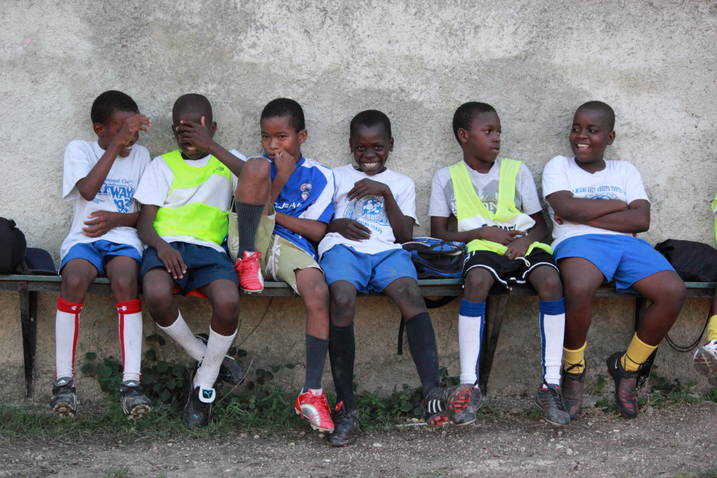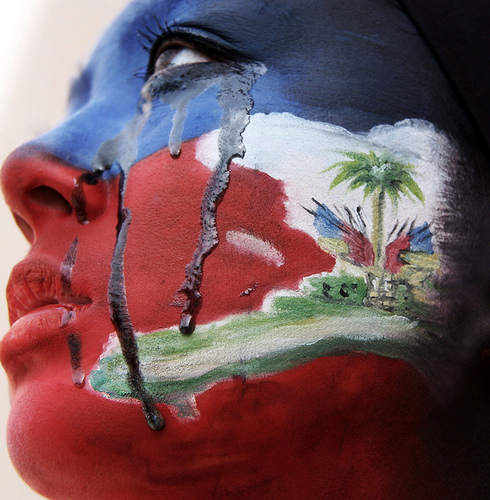U.S. State Department Releases 2011 Human Rights Report for Haiti
 The U.S. State Department Bureau of Democracy, Human Rights, and Labor (DRL) is mandated to release annual country-specific human rights reports that address individual, civil, political, and worker rights, as set forth in the Universal Declaration of Human Rights. The 2011 Haiti Human Rights Report is copied below. Haiti's development depends in large part upon the extent to which human rights are protected, especially for the vulnerable. That takes the engagement of civil society and a government with the capacity and political will to do so. As the report makes clear, much remains to be done before we get there.
The U.S. State Department Bureau of Democracy, Human Rights, and Labor (DRL) is mandated to release annual country-specific human rights reports that address individual, civil, political, and worker rights, as set forth in the Universal Declaration of Human Rights. The 2011 Haiti Human Rights Report is copied below. Haiti's development depends in large part upon the extent to which human rights are protected, especially for the vulnerable. That takes the engagement of civil society and a government with the capacity and political will to do so. As the report makes clear, much remains to be done before we get there.








